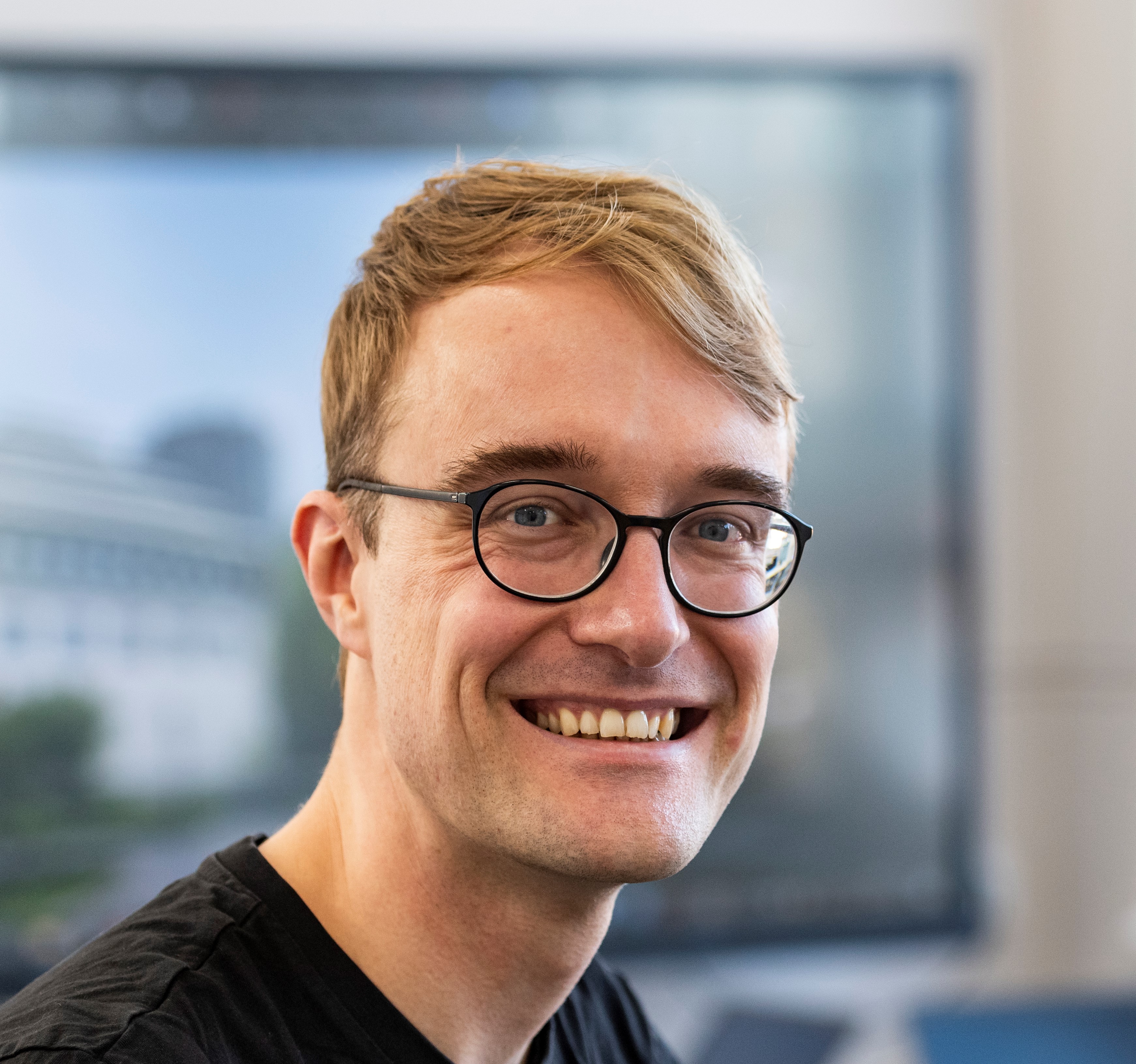Building new communities as a Fellow
Posted on 28 January 2019
Building new communities as a Fellow
.jpg) Photo by Susan Yin.
Photo by Susan Yin.Originally posted on 28/01/19.
By James Baker, University of Sussex.
Applying to become a Software Sustainability Institute Fellow was one of the best decisions of my career. Now that may sound a little hyperbolic, but looking back over the four years since I made the application to become a fellow, so many experiences I've enjoyed, encounters I've had, and connections I've made can be traced back to that decision.
I am one of the 2015 inauguration. And the 'am' here is crucial, because although the immediate benefit of the Fellowship (cash and things you promised to do with that cash) take place over a year, the Fellowship – if you want it to be – is for life. And that ongoing character of the Fellowship, its constant place in my intellectual life, is evident even in things I've done over the last few months, years since I first applied. For example, in spring 2018 I attended the first CarpentryCon, a three-day event on software skill training run by The Carpentries, a community I first became seriously engaged with thanks to the Institute. Earlier in 2018, I co-led a Library Carpentry workshop at the University of Edinburgh, the fifth Library Carpentry workshop I'd instructed at since the Library Carpentry pilot held in Autumn 2015 and funded by my Institute Fellowship. And late last year in my capacity as a member of the editorial board of the Programming Historian, I was editing a new submission called 'Visualizing Data with Bokeh and Pandas', a lesson based on Python libraries I was first introduced to at Software Sustainability Institute's annual (and quite wonderful!) Collaborations Workshop.
Of course the Fellowship does provide access to funds, and it is important that any application to become a Fellow clearly states what those funds will be used for and the anticipated benefits. I used mine to focus on pedagogy, with a focus on one part of academia I know well: galleries, libraries, archives and museums. Seed funding from the Institute helped turn Library Carpentry into an enormous, global success: it won the 'Learning and Teaching' award at the 2016 British Library Labs Awards, it attracted a lot of people who gave their time to writing lessons, developing infrastructure, leading workshops, and – in time – taking over its governance, it reached such maturity that in 2018 it merged into The Carpentries, and – most importantly – it has taught software and data skills to over a 1,000 librarians.
Whilst this success has been enormously gratifying to be part of, it is only one part of my experience with the Institute. My Fellowship gave me access to a new and supportive community of researchers who – whilst engaged in very different research to my own – care about good research software practice, advocate for recognition of software development in research assessment, and are committed to open source values. It gave me the time and space to test my research software skills against others at a similar career stage (result: not great), fail often and spectacularly in my attempts to learn new approaches and tools, and a place to ask questions when I ran out of talent. It gave me the platform to make the case in my own disciplinary and professional contexts for greater consideration of the role of software in everyday research and the necessity, in turn, for a critical approach to our changing research environment. And, finally, it amplified the voice of the humanities in a space often dominated by the sciences.
So if you care about research software and want to learn things, fail at things, make a long-lasting connection with an expected collection of scholars, and get some money to spend on events, then the Software Sustainability Institute Fellowship may be for you. For more information on the Fellowship Programme head to the Software Sustainability Institute website.
Applications to the 2023 Fellowship programme are open until 3 October 2022. For more information and to apply visit: https://www.software.ac.uk/programmes-and-events/fellowship-programme.
Questions about the Programme should be directed to fellows-management@software.ac.uk.

